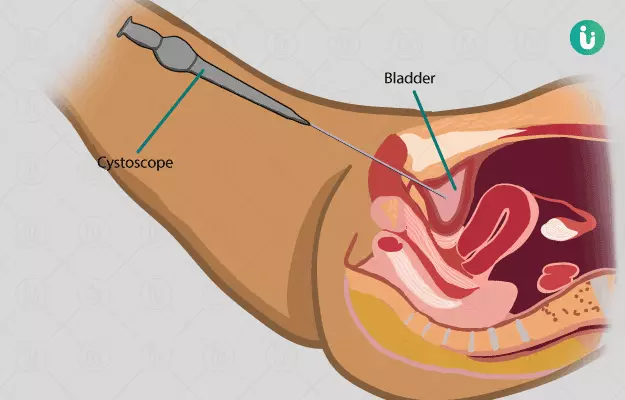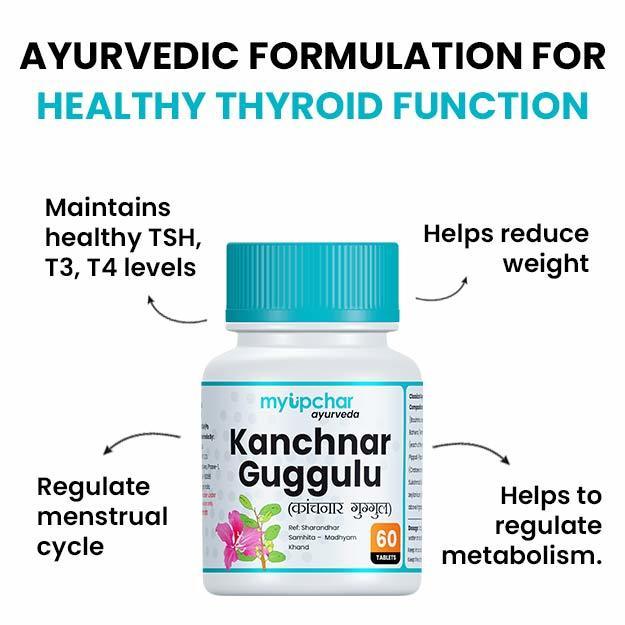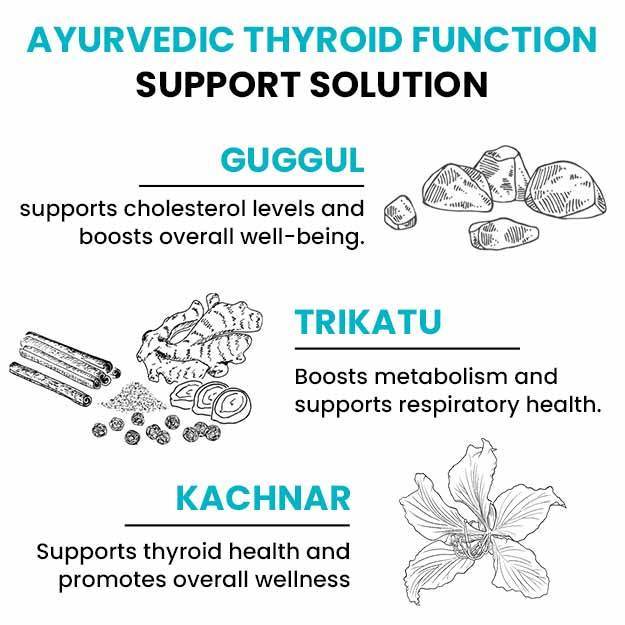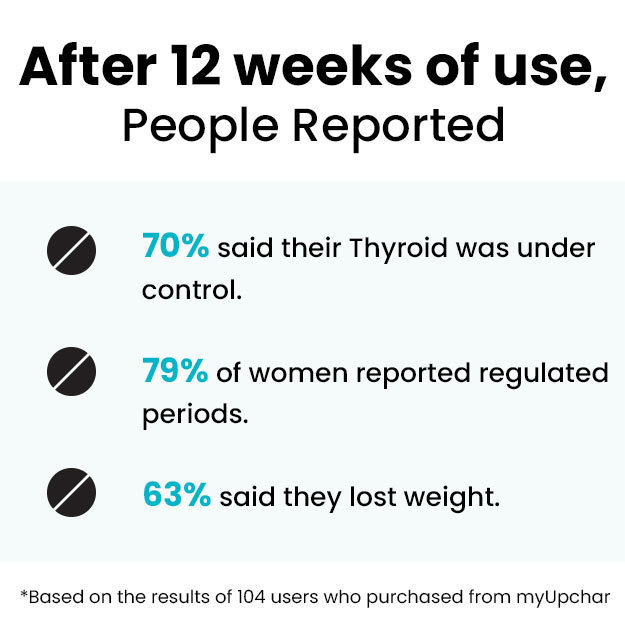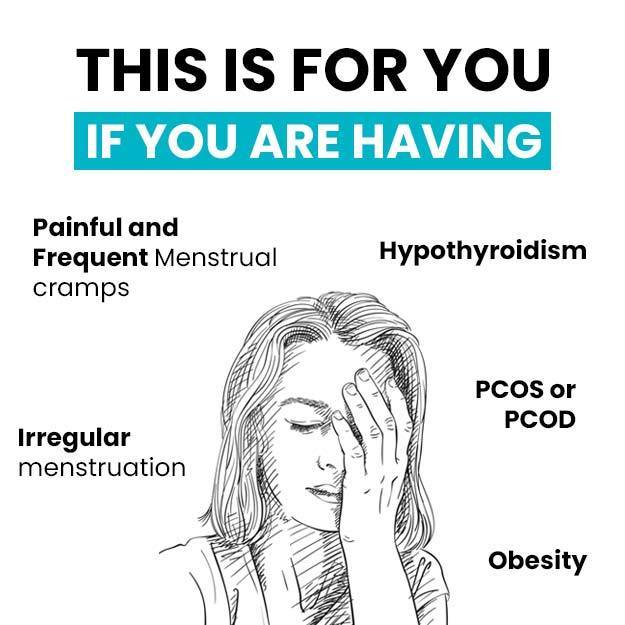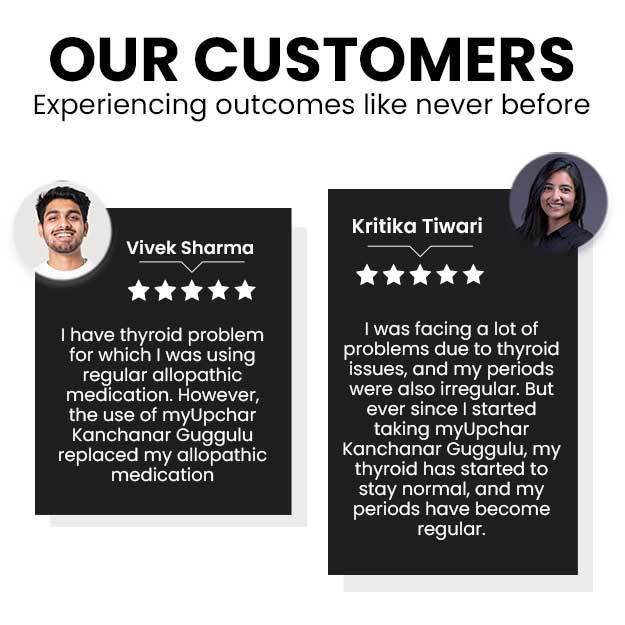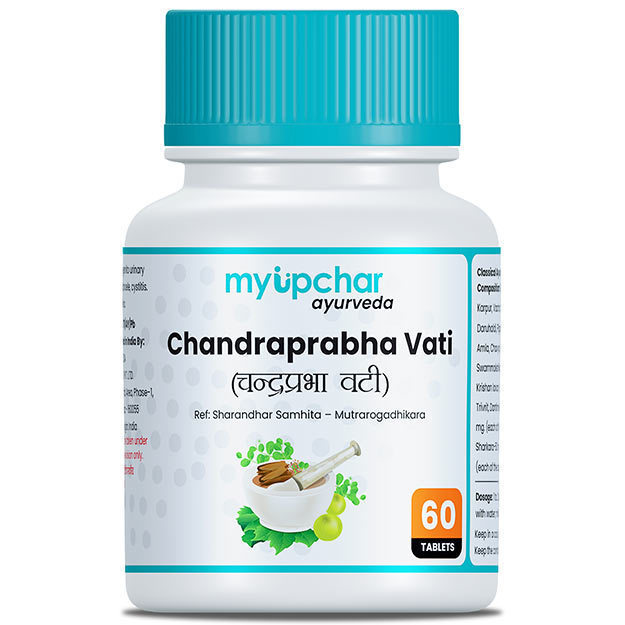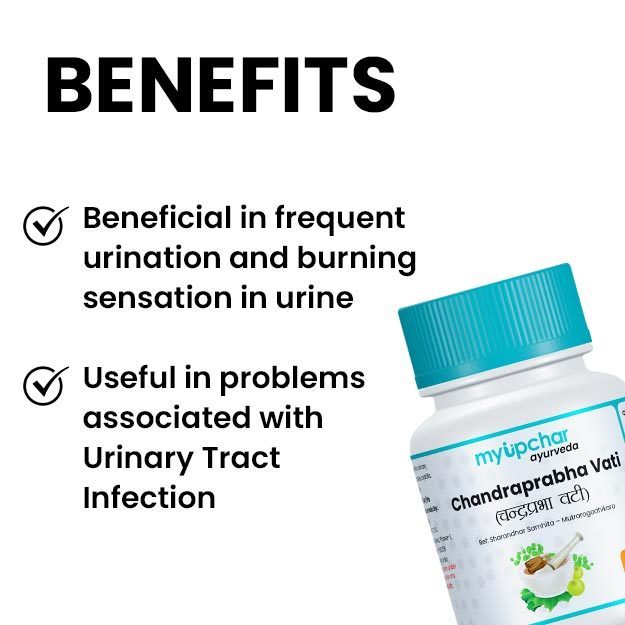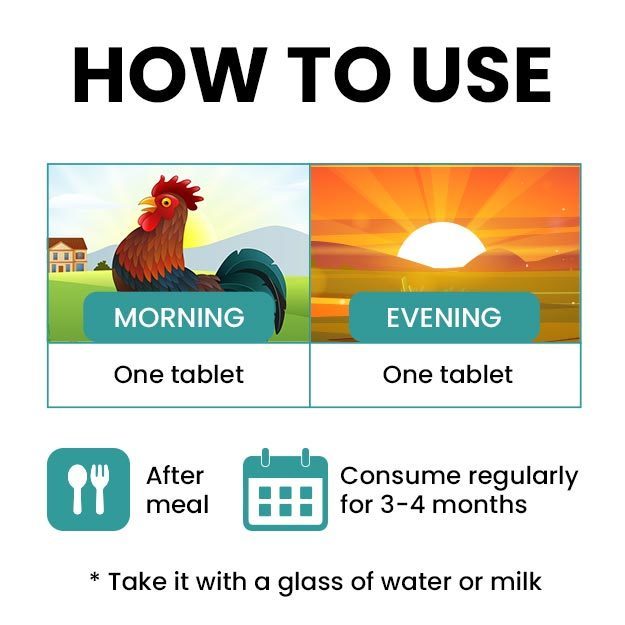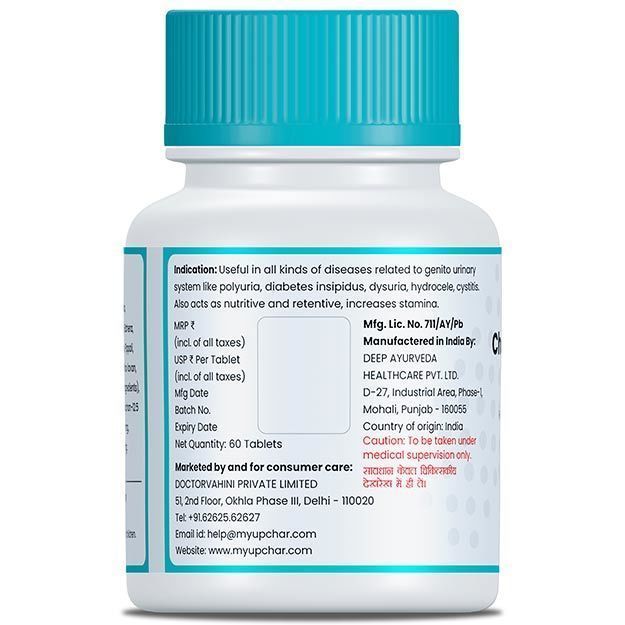Summary
You might have heard your doctor asking you to undergo certain tests, such as X-rays, blood tests or urine tests in case you have any problems with your bladder or urethra (the tube that carries urine out of your body). But in some cases, when the doctor wants to see the inside of your bladder, he/she will advise you to undergo a procedure called cystoscopy. There are two types of cystoscopy - flexible and rigid. In both these types, a thin tube with an attached camera and light is passed into your bladder but they are done a bit differently. Before the surgery, the doctor may advise you to undergo a urine test and prescribe you certain antibiotics to prevent or treat infections. Be sure to clear all your procedure-related queries. After the procedure, you can leave the hospital on the same day in the case of a flexible cystoscopy while after a rigid cystoscopy, you have to stay in the recovery room until the effect of the numbing agent wears off completely. A few complications may arise after the procedure, such as swelling, blood in urine, mild discomfort in your lower belly and so on. However, these persist only for a day or two and resolve on their own. Serious complications like damage to the bladder and urinary tract infections may occur in rare cases. Keep your health on a good track by eating healthy food and by exercising regularly, taking walks and cycling. Be in contact with the doctor after the procedure as the doctor will discuss the results of cystoscopy. Keep reading further to learn more about cystoscopy.
- What is a cystoscopy
- Why is cystoscopy done
- Preparations before a cystoscopy
- How is cystoscopy done
- Post-surgical care
- Precautions to take after cystoscopy
- Risks and complications of cystoscopy
- Follow-up after cystoscopy
What is a cystoscopy
Cystoscopy is a procedure that lets the doctor inspect your bladder and urethra. This procedure is performed using an instrument called a cystoscope, which is a narrow, tube-like instrument having a light source and camera attached to one end of it. It is passed into the bladder by inserting it through your urethra. This instrument may also contain a tool with which the doctor can remove tissue that is later examined under the microscope. The cost of cystoscopy with bladder biopsy in India ranges from INR 3000 to INR 4000 in government, up to INR 12,500 in private and up to INR 200,000 in super-speciality hospitals.
Types of cystoscopy
- Flexible cystoscopy
This procedure is done when the doctor only wants to look inside and inspect the condition of your bladder. - Rigid cystoscopy
This procedure is done when a tissue sample is to be taken from your bladder for examination purpose or to be removed for treatment purpose.
Why is cystoscopy done
Cystoscopy is done in case you have any of the following conditions:
- You have to pass urine several times a night.
- You are not able to completely pass urine at once.
- Presence of blood in the urine.
- Frequently occurring UTI (urinary tract infection - infection affecting any part of the urinary system including the kidneys, ureters, bladder or urethra).
- To take out some tissue for the diagnosis of bladder cancer.
- For the removal of bladder stones.
- To place or to remove stents (a small tube that is inserted in the urinary system to correct blockage).
- To insert medicine into your bladder.
When is cystoscopy contraindicated?
In case you have any of the following conditions, the doctor may not advise you to undergo cystoscopy or discontinue the procedure immediately:
- Persistent recurring infections. In such cases, the doctor may prescribe you antibiotics for a few days.
- Immense pain and discomfort during the procedure.
- Presence of scar tissue in the urethra (urethral stricture), which restricts the movement of the cystoscope.
Preparations before a cystoscopy
Your doctor will make certain preparations before starting the procedure, such as:
- Advising urine test.
- Prescribing antibiotics to prevent infections in case your immune system is weak or you have a suspected urinary tract infection.
- Complete physical examination to rule out other conditions.
- Asking you about any underlying medical conditions, such as diabetes, high blood pressure, blood disorders, allergies to medications and so on.
- Asking if you are on medicines like aspirin (which makes the blood thin) or any other such medicines.
The doctor may give a few more instructions to be followed before the procedure, such as:
- Avoid eating or drinking anything a few hours before the procedure starts in case of rigid cystoscopy. However, before a flexible cystoscopy, you can eat and drink normally.
- If you are advised to take any medicine on the day of the procedure then take medicine with a small sip of water.
- Inform your doctor, if you fall ill and catch cold, flu and any other infections.
- Ask a friend or a relative to drive you to and from the hospital as you will not be able to drive for at least 24 hours after the procedure.
- After the doctor completely verses you with the procedure, you will be asked to sign a consent form and taken to the operating room for the surgery.
- Be sure to clear all your doubts before the procedure.
How is cystoscopy done
Flexible cystoscopy
This procedure is carried out by using a narrow, flexible tube. You will be awake during this procedure and it takes only a few minutes. The steps involved are as follows:
- The doctor will initiate the procedure by disinfecting your genital area with the help of an antiseptic solution.
- A numbing agent will be applied to make the procedure painless for you.
- The numbing agent may also be injected into the urethra.
- The cystoscope is slowly inserted into your urethra and then passed into your bladder.
- The cystoscope helps the doctor to look for any abnormalities in the bladder lining.
- To see the inside of your bladder more distinctly, the doctor may pump some amount of germ-free or sterile water into your bladder.
- If a tiny growth of tissue or stone is present in your bladder, that can also be removed by the doctor.
- When the procedure is completed, the cystoscope is taken out of your body.
- If you feel pain during the procedure, tell your doctor immediately about it.
Rigid cystoscopy
This procedure is done using a wide, rigid instrument called a cystoscope. The steps of rigid cystoscopy are discussed below:
- During this procedure, you will be either put on sedatives (medicines that make you fall asleep) or the lower half of your body will be numbed.
- If more of the numbing agent is required during the procedure, a needle is put into a blood vessel in your hand.
- The numbing agent is also applied locally on the urethra by means of a spray for females and gel for males.
- The doctor will then apply an antiseptic solution on your genital area and the cystoscope will be passed into your bladder.
- He/She may take a small amount of tissue from your bladder lining for further examination to arrive at a diagnosis.
- Like in flexible cystoscopy, sterile water will be pumped into your bladder to get a clearer picture.
- Once the procedure is over, the cystoscope will be taken out of your body.
Post-surgical care
Flexible cystoscopy
- Right after the procedure is finished, you will feel an urge to empty your bladder. Even if you don’t, the doctor will advise you to drink water and urinate.
- After a flexible cystoscopy, you can leave the hospital on the same day.
Rigid cystoscopy
- After a rigid cystoscopy, you might need to stay in the hospital until the effect of the numbing agent wears off completely.
- The doctor will discuss the outcomes of the procedure shortly with you but in the case of a biopsy, the results might take 2-3 weeks of time.
- The doctor may attach a small tube called catheter to your bladder. This tube will help you in passing urine.
- It is not advised to drive for 24 hours after the surgery because of the effect of the numbing agent. So, ask a friend or relative to drive you back home.
- The doctor may advise you to take antibiotics for the initial 1-2 days after the surgery to fight off any possible infections.
- For some individuals, the doctor may ask to take antibiotics for some days, such as those who:
- are elderly.
- have low immunity.
- have a history of smoking and persistent, recurring infections.
- have a poor nutritional status.
- have any anatomic defects in your urinary tract.
Normally, all these problems last for a day or so but if these last longer, consult your doctor.
Precautions to take after cystoscopy
After the procedure, it will take you a day or so to resume your normal activities. A few things that you need to take care of during the recovery period are discussed below:
- You may feel a stinging sensation while passing urine for one or two days. If this persists then tell your doctor about it.
- Once or twice a day, try sitting in warm water bathtub for 10- 15 minutes to reduce the discomfort. It is necessary to take your doctor’s advice on this because in many cases, taking warm baths are recommended over soaking in bathtubs.
- Drink plenty of fluids, especially during the first two days after the procedure.
- Avoid consumption of alcohol during the recovery phase.
- Regular exercising should be done. But before starting to exercise take advice from your doctor on the frequency and intensity of exercise.
- Take the medicines regularly and as prescribed by your doctor.
Risks and complications of cystoscopy
Cystoscopy is a safe procedure, however, it may be associated with certain risks and complications, such as:
- There might be some redness and swelling in the area where the cystoscope was inserted but this will resolve in a few days. In case it still persists, you should consult your doctor.
- Damage to the bladder during the procedure, which may require further surgery.
- Urinary tract infection (infection of any part of the urinary system that may involve the kidneys, ureter, bladder or urethra).
- Mild discomfort in the bladder area while passing urine.
- Presence of blood in the urine.
- Burning sensation and pain while passing urine.
- Not being able to pass urine completely.
- Formation of scar tissue that causes the urethral opening to become narrow.
- Passing out urine more times than normal.
In case you have any of the following, immediately go to your doctor:
- Pain or burning sensation while passing urine that lasts for more than 2 days.
- Presence of blood in the urine.
- Not being able to completely empty the bladder.
- Persistent high fever.
- High level of discomfort in the bladder area.
Follow-up after cystoscopy
- The doctor may ask you to return after a week for the follow-up visit to discuss the results of your biopsy report.
- Any further requirement of follow-ups will be discussed by your doctor according to the report results.
Surgery Cost In Your City
References
- National Health Services. Rigid Cystoscopy. NHS-UK. Guys and St Thomas Hospital. Patient Information: Procedures.
- National Health Services. Cystoscopy: Procedure. NHS-UK. Health A to Z.
- National Cancer Institute. [ink]. NCI Dictionary of Cancer Terms. Dictionaries.
- Health Direct. Cystoscopy. Australia. 2018 Mar.
- Thees K. Dreblow L. Cystoscopy. VA Medical Centre. 2004 Nov
- Engelsgjerd JS, Deibert CM. Cystoscopy. StatPearls [Internet]. Updated 2019 Jul 16. Treasure Island (FL): StatPearls Publishing; 2019 Jan-.
- National Health Services. Cystoscopy. Whittington Hospital. NHS-UK.
- Health Direct. Flexible Cystoscopy (male). Australia. 2018 Sept.
- U. S. Department of Health and Human Services. Cystoscopy and Ureteroscopy. National Institute of Diabetes and Digestive and Kidney Diseases. 2015 Jun
- Victorial State Government. Rigid Cystoscopy. 2015. BetterHealth. Surgery.

